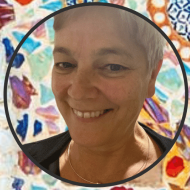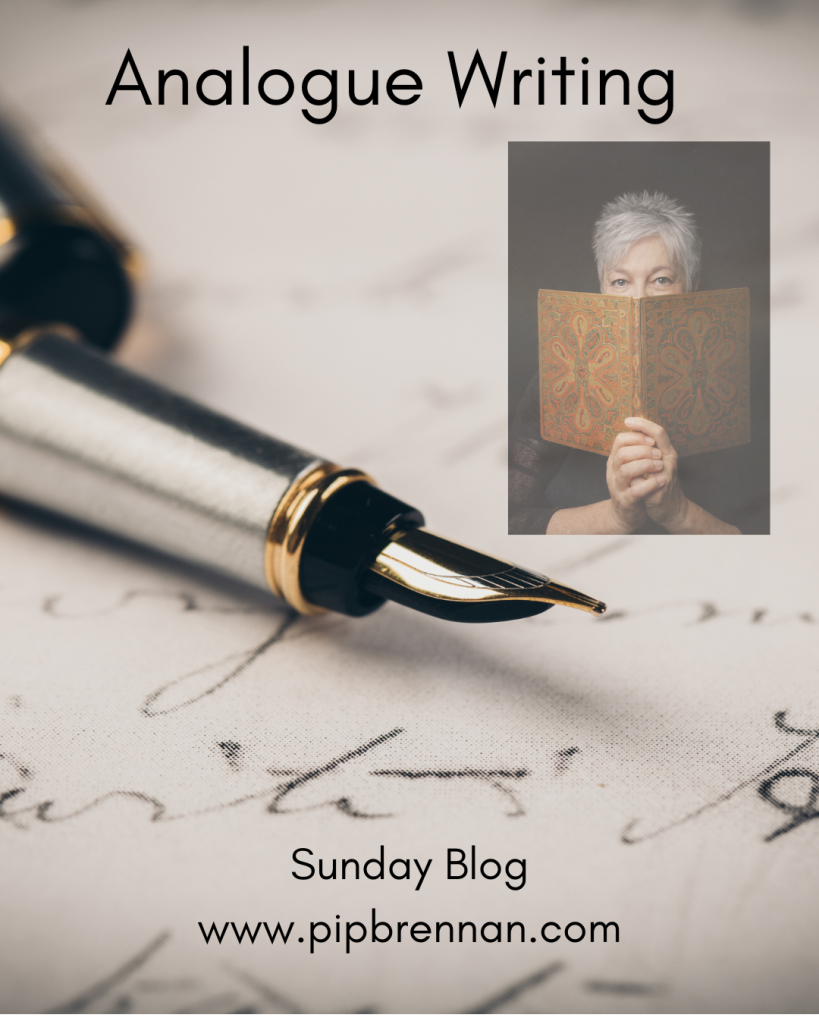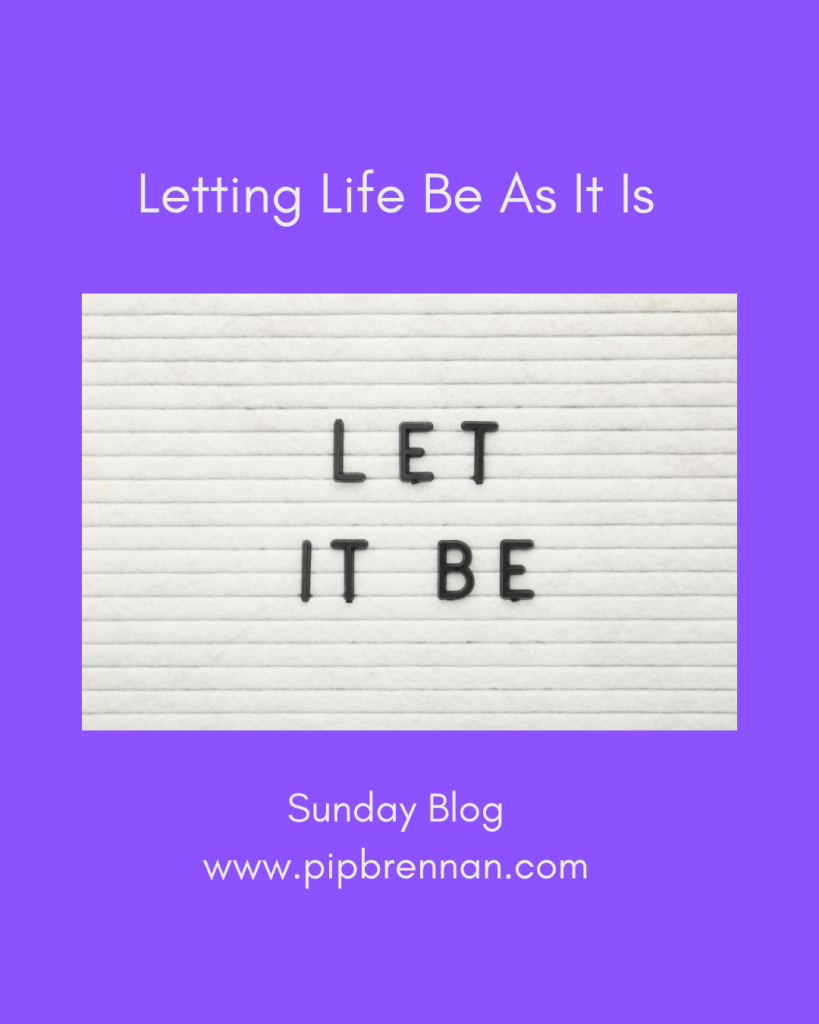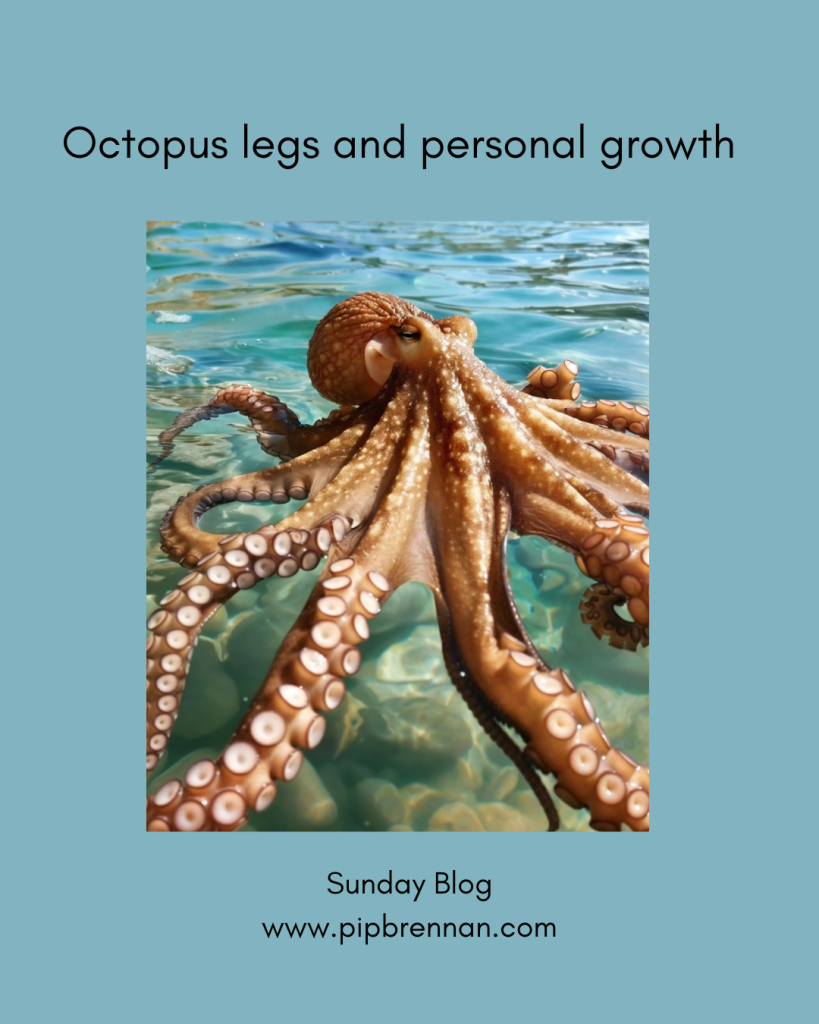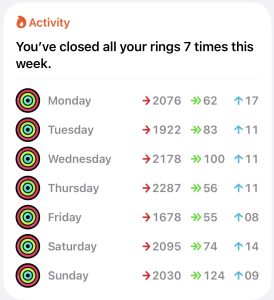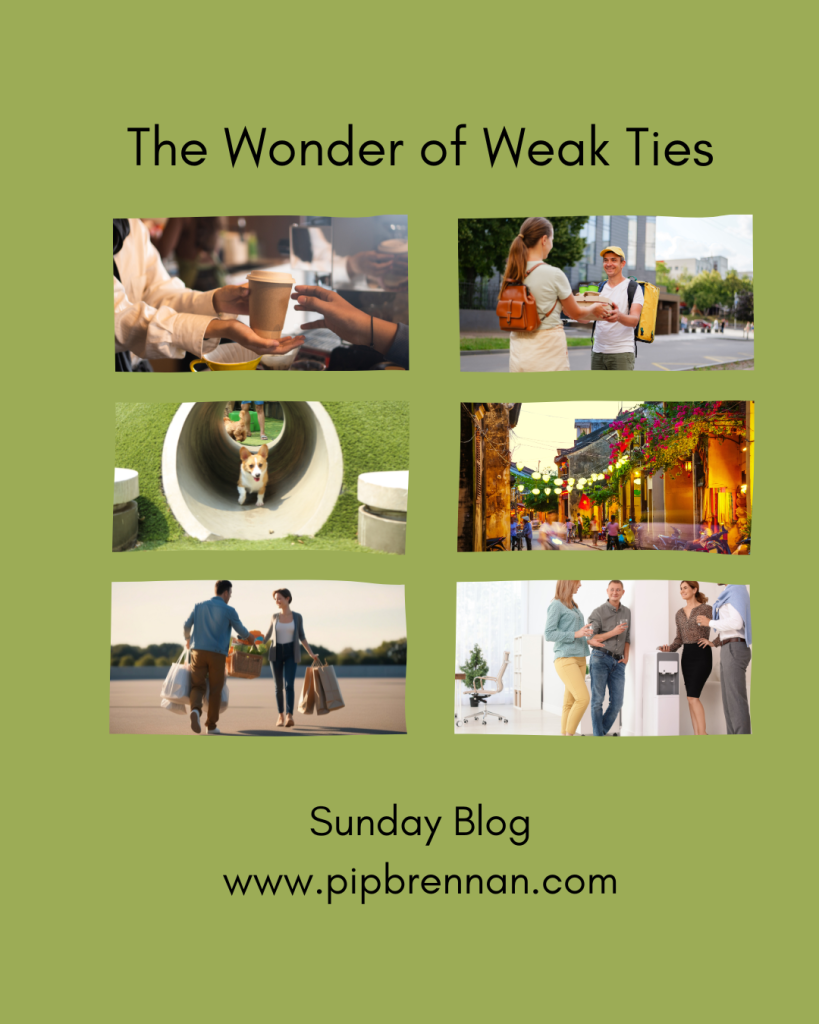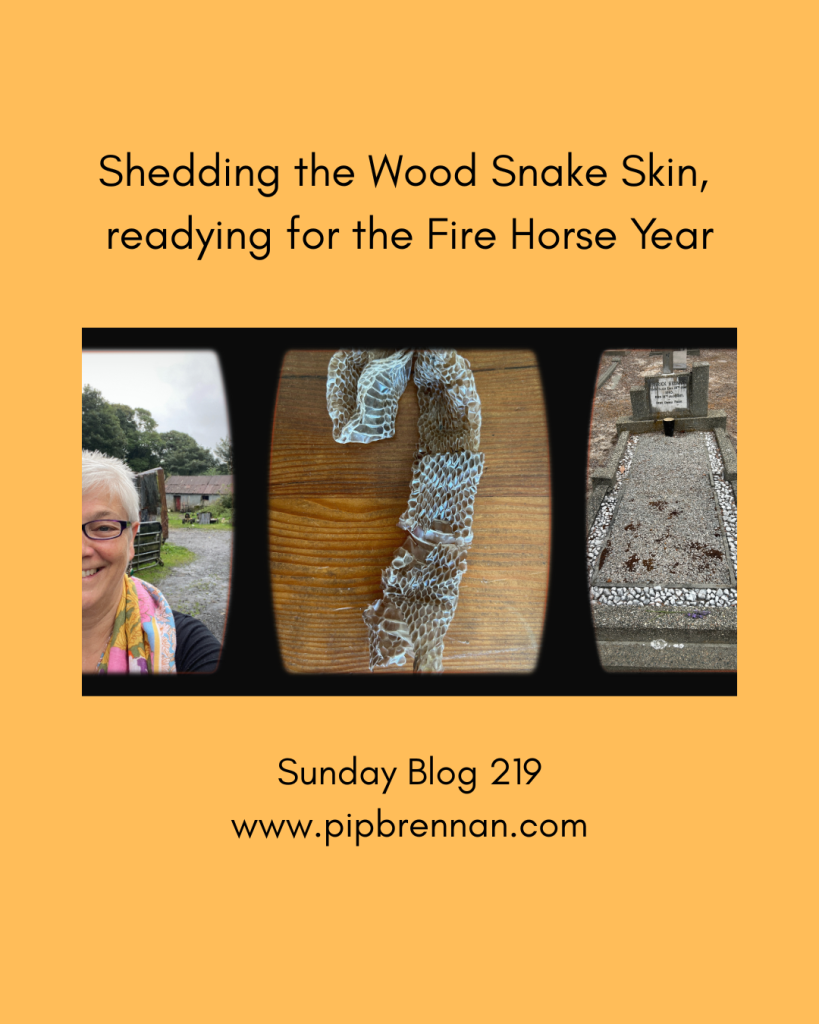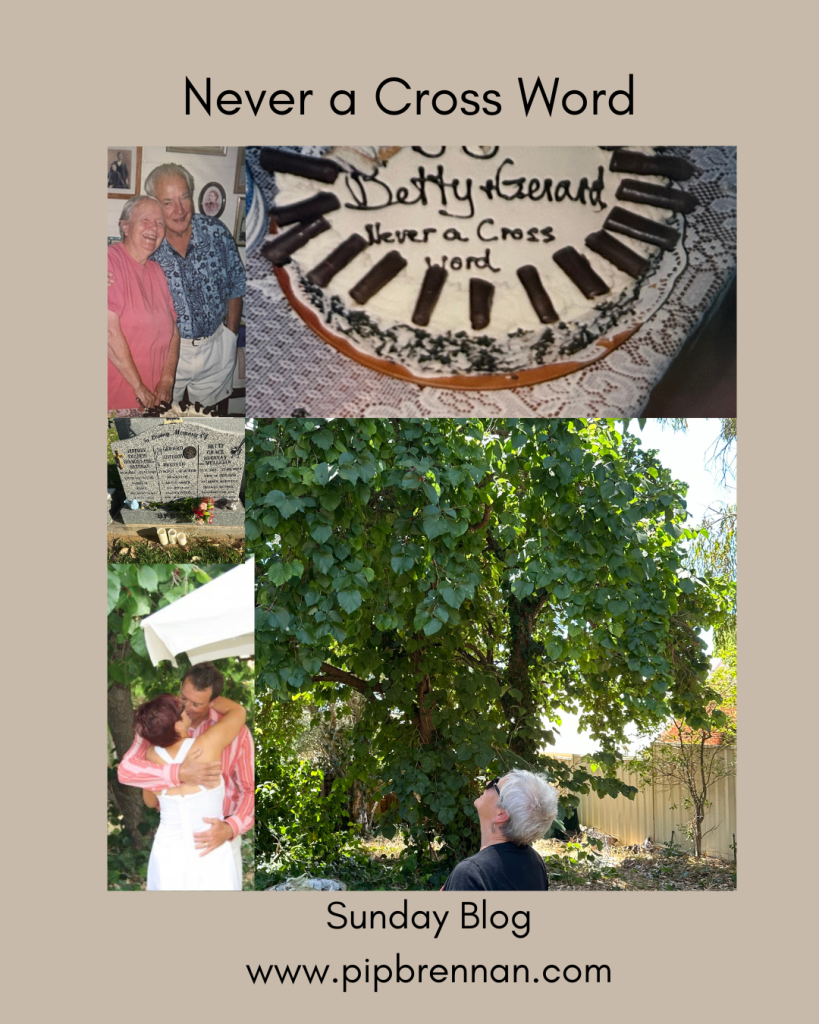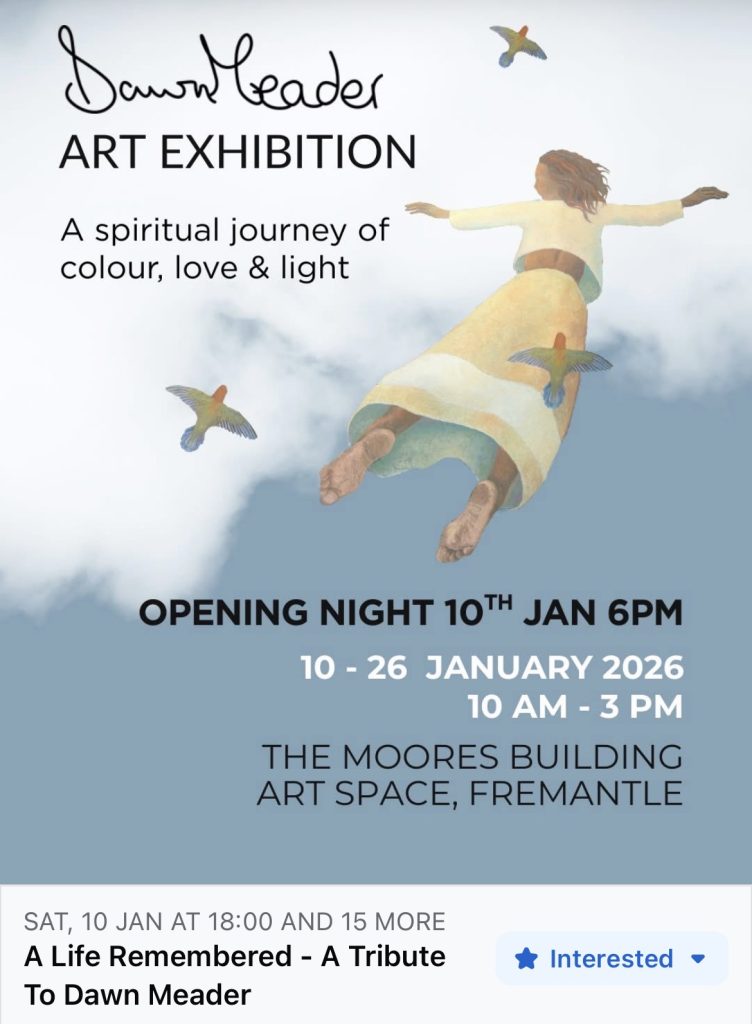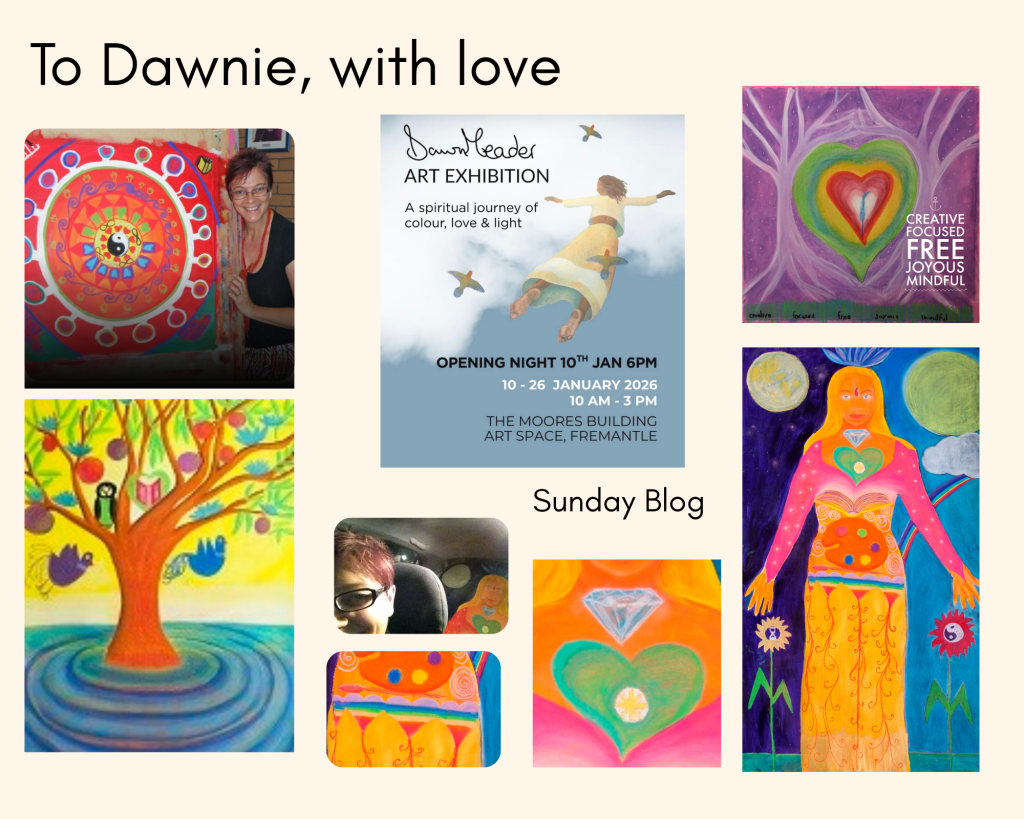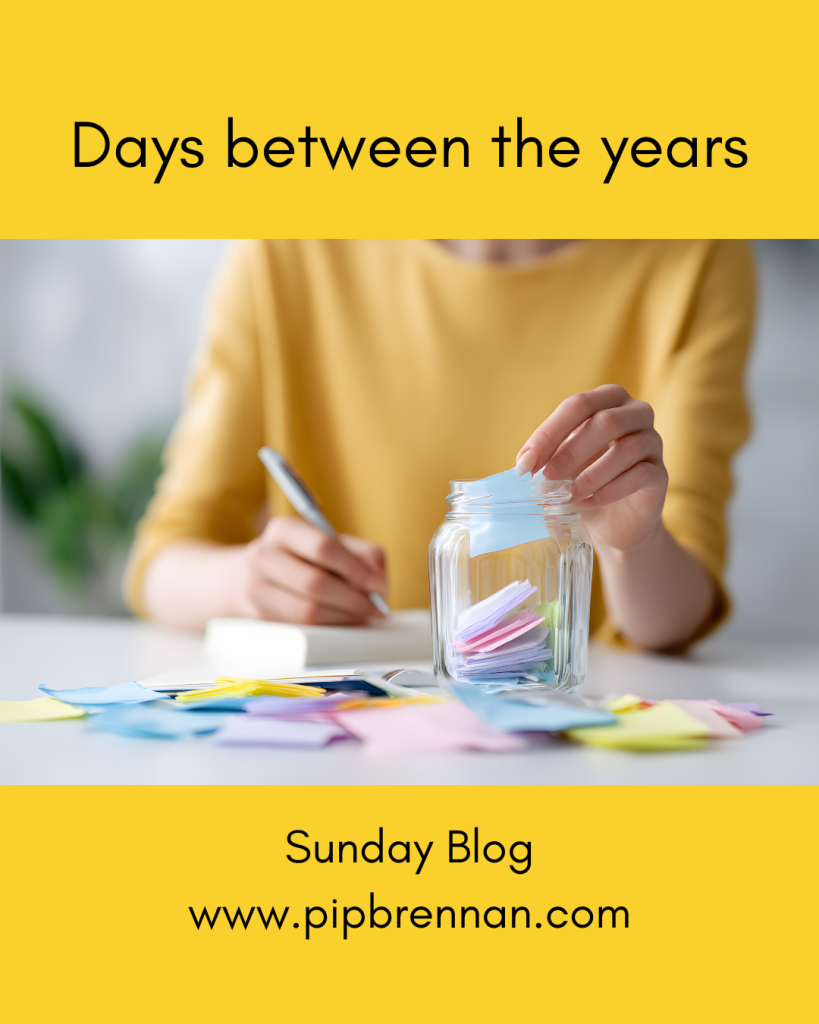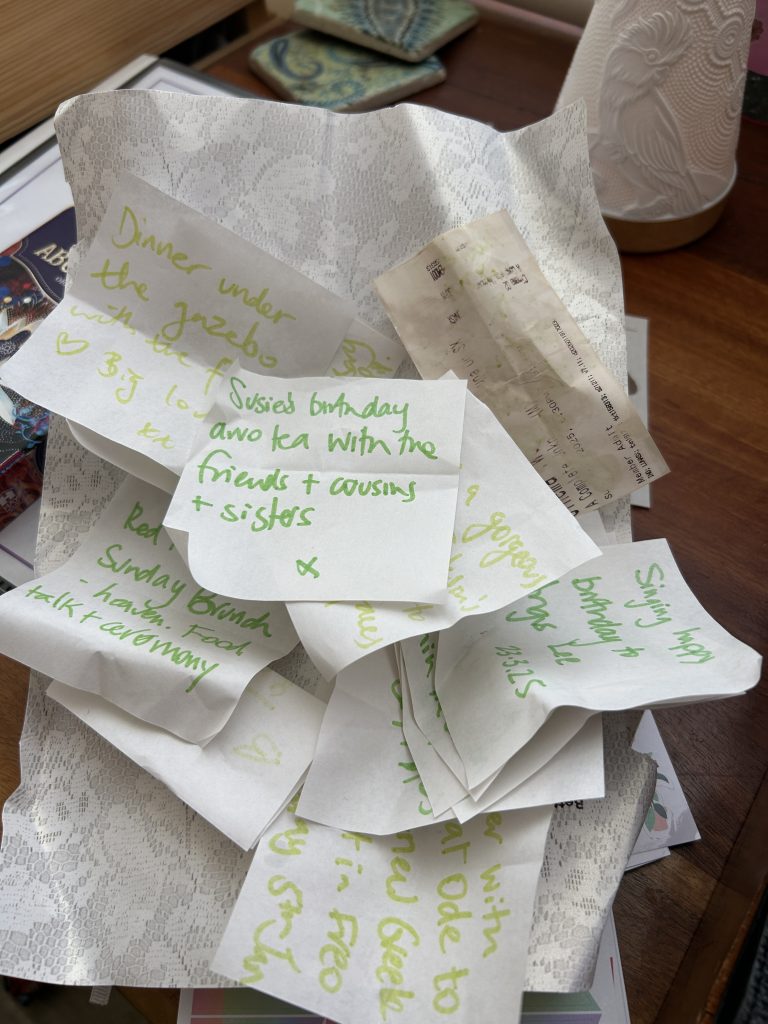Sunday Blog 224 – 1st March 2026
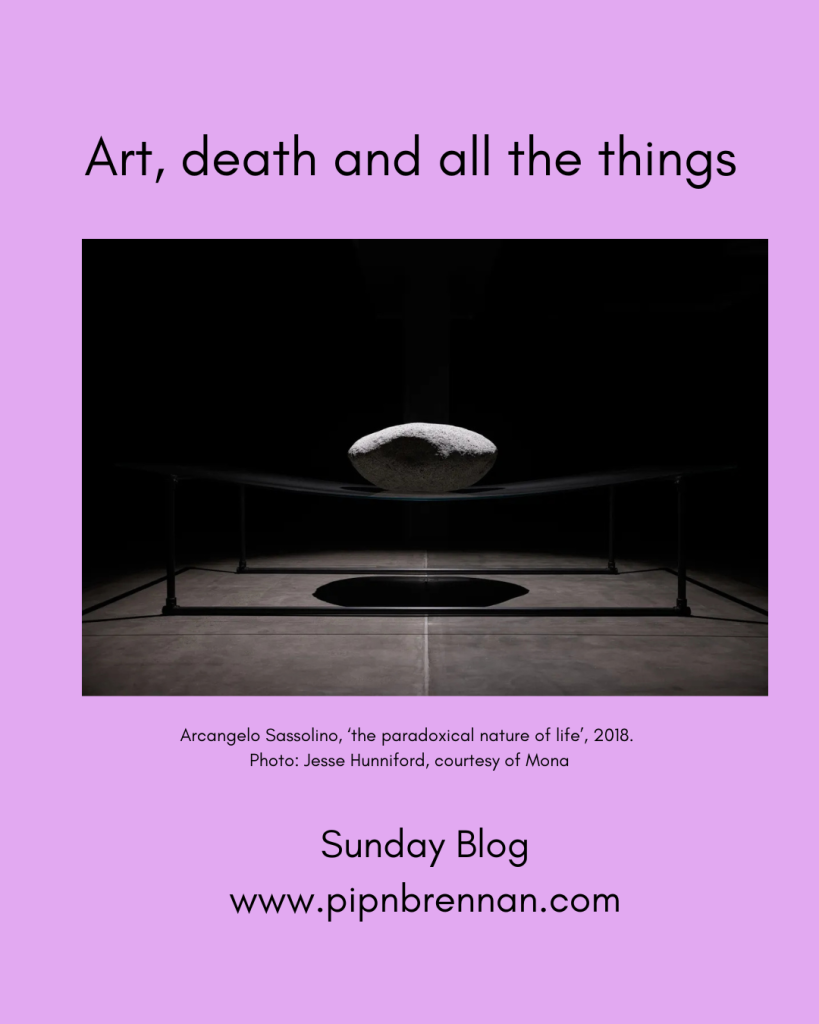
I’m in Hobart for a week – a few days’ work trip with several more of pleasure tacked on. To be in my 60th year and never having been to Tasmania before seems shameful, but I have a long list of places not yet visited.
So now that I’m in Hobart, by default I must go to Mona, the Museum of Old and New Art. This phenomenon is the creation of David Walsh. From his spoils as a professional gambler he has created this glorious money pit of a gallery dedicated to art, drinking and music, in his home town of Hobart.
Going to Mona means you need a day to visit. Then a day to digest. What’s stayed with me today is this installation by Arcangelo Sassolino entitled ‘the paradoxical nature of life’. Metal legs, a glass top makes up the table. And a large rock has been carefully levered into place. The glass bows under the weight of the boulder.
What I took from this artwork is that the boulder is our awareness of our own mortality. The the glass table is death, which will have its way in the end. Everything passes.
This magnificent tension between awareness of our own mortality and courage to function day to day is what makes life magical, I believe. To paraphrase E.M. Forster from Howard’s End, we are better humans, day to day, if we remember that in the end, we all die.
But right now, the glass is holding. Right now, we’re alive.
